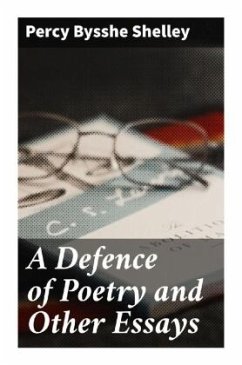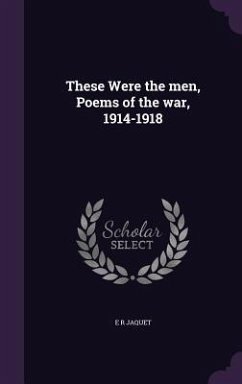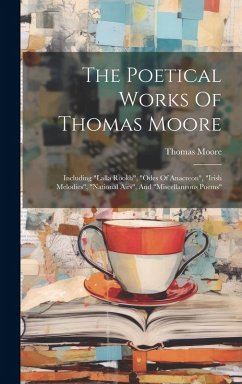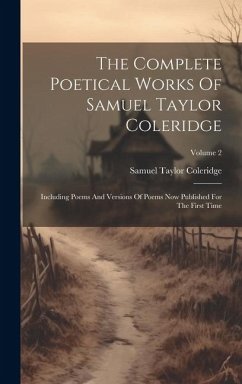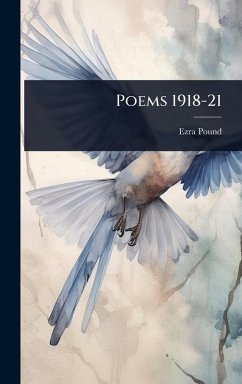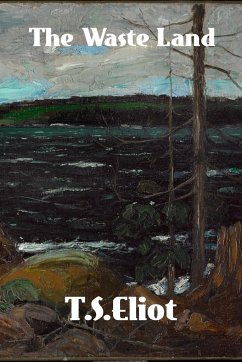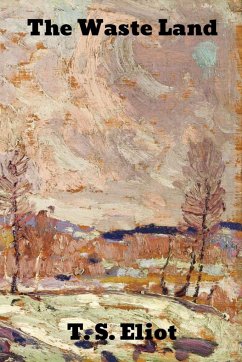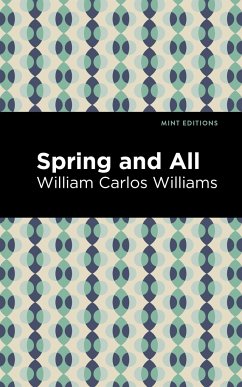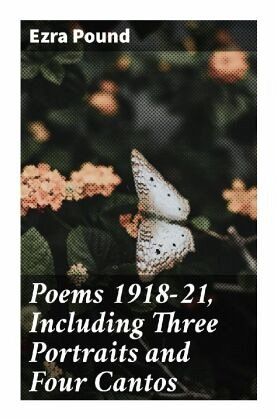
Poems 1918-21, Including Three Portraits and Four Cantos
Versandkostenfrei!
Versandfertig in 6-10 Tagen
8,99 €
inkl. MwSt.
Weitere Ausgaben:

PAYBACK Punkte
4 °P sammeln!
Ezra Pound's "Poems 1918-21, Including Three Portraits and Four Cantos" stands as a pivotal collection that encapsulates the tumultuous essence of post-World War I sentiments. The poetic style is marked by innovative use of imagery, precision in diction, and an exploration of thematic concerns such as disillusionment, modernity, and the search for cultural identity. Through the intricate interplay of form and content, Pound conveys a profound sense of urgency and inquiry into the human condition, making the work a defining moment within the modernist literary canon. Ezra Pound, an influential ...
Ezra Pound's "Poems 1918-21, Including Three Portraits and Four Cantos" stands as a pivotal collection that encapsulates the tumultuous essence of post-World War I sentiments. The poetic style is marked by innovative use of imagery, precision in diction, and an exploration of thematic concerns such as disillusionment, modernity, and the search for cultural identity. Through the intricate interplay of form and content, Pound conveys a profound sense of urgency and inquiry into the human condition, making the work a defining moment within the modernist literary canon. Ezra Pound, an influential figure in the modernist movement, was deeply affected by the societal upheavals of his time, including the ravages of war and the shifting cultural landscape. His experiences as a soldier and his interactions with contemporaneous avant-garde artists and thinkers shaped his poetics, leading him to challenge traditional structures in literature. "Poems 1918-21" not only reflects his stylistic evolution but also his desire to articulate the fractured psyche of the early 20th century. This collection is highly recommended for readers seeking a profound exploration of the interplay between art and societal crisis. Pound's work invites readers to engage with intricate complexities while revealing the broader implications of his time, making it an essential addition for students of modern poetry and anyone interested in the transformative potential of art.





